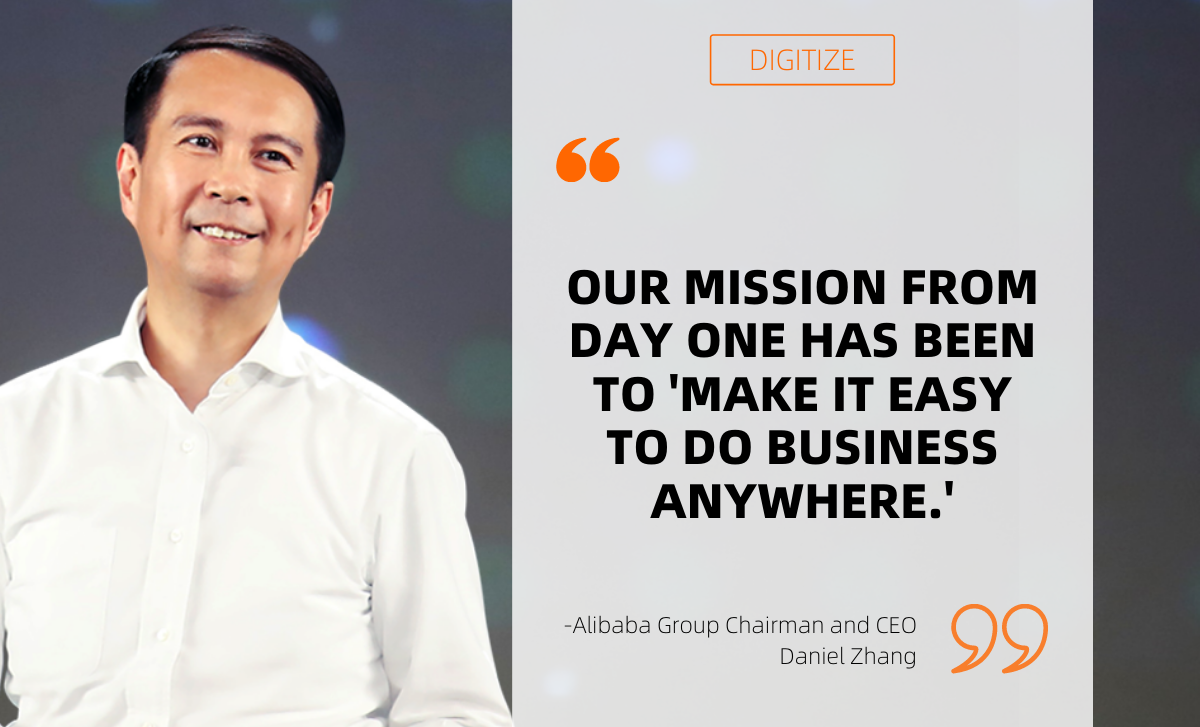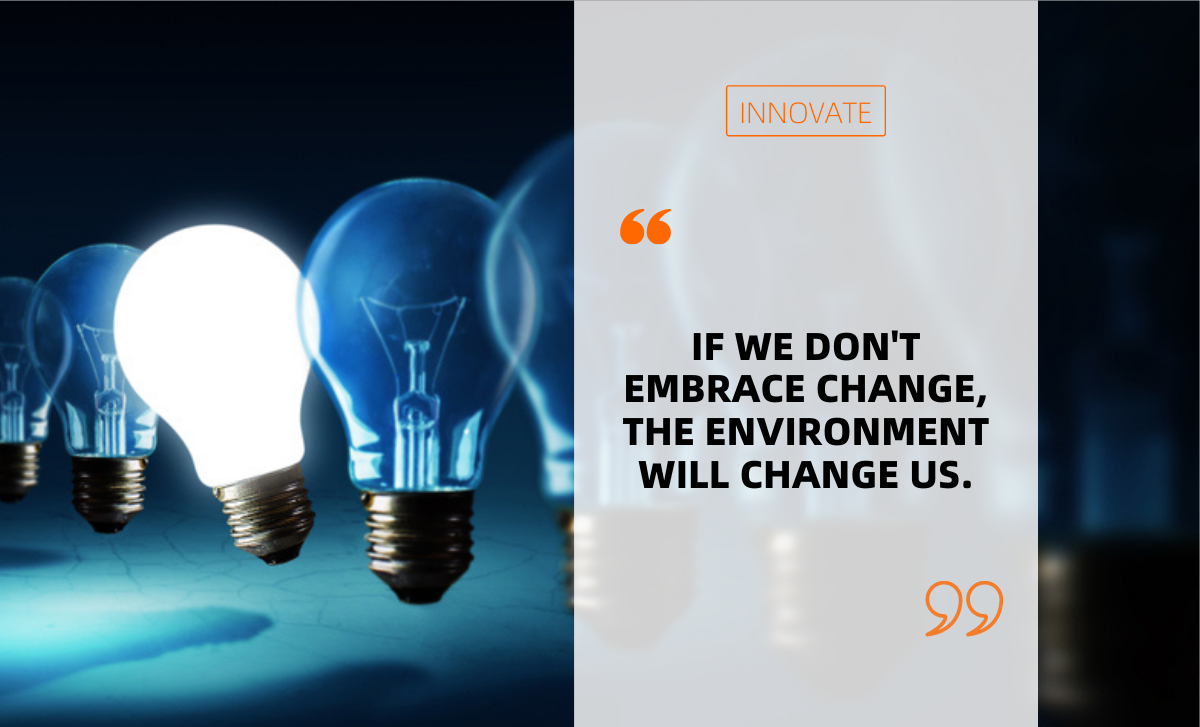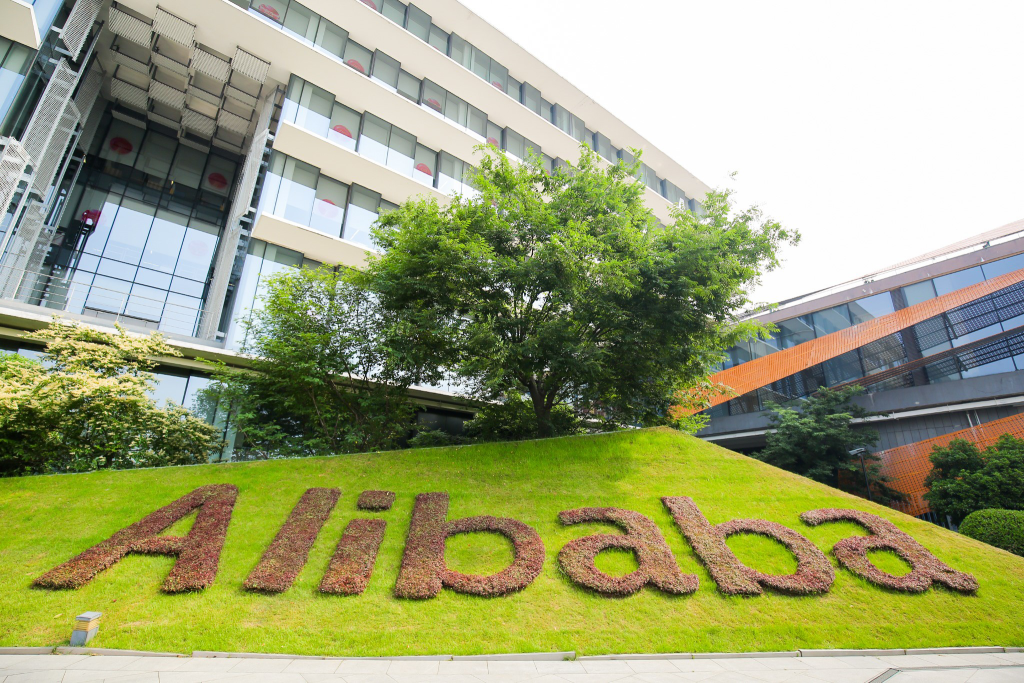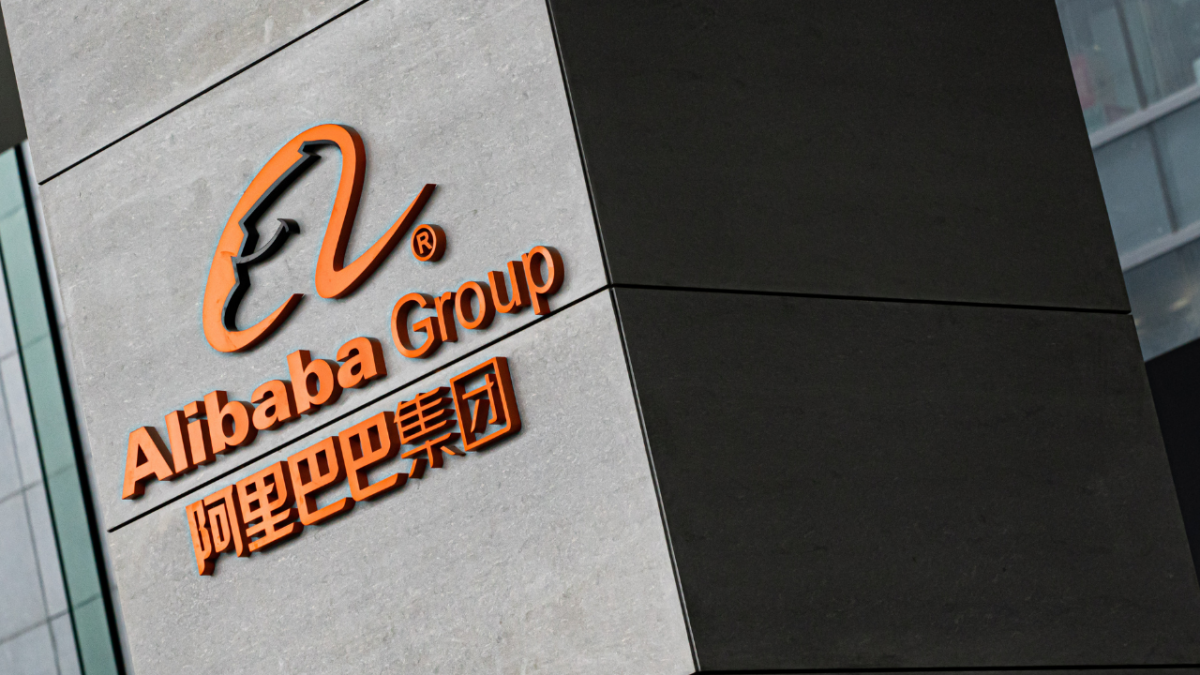


On Wednesday, Alibaba Group Chairman and CEO Daniel Zhang joined Retail Connected 2021 to share his vision for Alibaba and the growth engines behind the company.
Below is the transcript of his conversation with Sherry Ding, partner at Spencer Stuart China. His answers have been lightly edited for clarity.
Host: For people not familiar with Alibaba, could you please describe the business and share the incredible journey you have taken in the past 20 years?
Daniel: Alibaba was founded by Jack Ma in a team with 17 other people in 1999. At that time, the internet just arrived in China. The founding team realized that the internet would change the world, so they started the company’s first business, which was an online platform to help Chinese small businesses and exporters find business opportunities around the world.
Today, we still operate this retail platform. Then, about 10 years ago, we entered another stage of the business, called “Work at Alibaba.” This is all about cloud: We strongly believe that cloud computing and big data will be the future and that all businesses, whether they’re from traditional industries or are digital natives, will move toward digital operations. If you look at Alibaba today, we run on two flywheels – or growth engines. On one end, we have our consumer-facing retail business, which covers consumer goods, digital content, local services, food delivery, movie tickets and so forth. On the other end, we help businesses sell globally online and help them make use of digital platforms. These two flywheels work and interact with each other.
That’s because our mission from day one has been to “make it easy to do business anywhere.” And the key to making it easy to do business anywhere is about digital capability and digital infrastructure.



Host: What drives Alibaba to make decisions in expanding its businesses in different industries and changing its organizational structure?
Daniel: The world is changing fast and we have to keep pace with innovation. For sure, we don’t want to change the whole organization overnight. If you look at the past five to six years, we tend to change just one or two essential parts of the entire business every year. Integrating new digital capabilities into our existing systems takes time. We should focus on integrations that create real synergy and value.
Host: Can you explain how you work with your business partners to adapt to change?
Daniel: I think you asked a very good question. Today, we are offering a platform, but we are also in an ecosystem together with our business partners.
Take Tmall as an example. For brands, they want to leverage Tmall to access more customers and generate more sales. But over the years, they realized it is not just an additional source of online sales. It’s a platform that helps them to promote their brands and to launch their new products. If that’s their objective, they will need to make certain adjustments. For example, companies that have set up their e-commerce functions under their sales teams may consider restructuring.
Any changes to our strategy are shared with our business partners to help them adapt and operate better in a changing environment.



Host: Alibaba is known for its innovative culture. Can you elaborate a bit more about your thoughts on the company’s culture?
Daniel: Culture is very important for a company, especially if you want to build a sustainable, long-lasting business.
You will have both good times and bad times when running a business. What brings together the team to overcome difficulties and run toward your mutual goal comes from the organizational culture. So that’s why, from day one, we have put so much emphasis on culture.
We’re a 20-year-old company and our culture is still evolving. So today, especially after we’ve entered different business areas each of a different nature, each business unit’s culture can be slightly different, but they still share the same core features. For example, we often say, “embrace change.” If we don’t embrace change, the environment will change us. You have to keep changing, try new things and think differently.
Host: Tell us an example that shows how Alibaba embraces change and innovates.
Daniel: Innovation can mean many things. First, we can look at business innovation. This is about evolving and finding new opportunities to innovate business models.
Another innovation I want to point out is technological innovation. We encourage our employees, especially engineers, to adopt new technologies into existing businesses to create new things. A couple of years ago, we tried adopting an image-search feature into our platforms because people often take photographs of items they want to buy without knowing the brand or where to find them.
Our teams often share new ideas like these. When they can prove that the results and user feedback are good enough, then we give them more resources to try even more new things.



Host: Can you tell us a little about your thoughts on leadership, looking back on your own experience transitioning from a CFO to CEO and a team leader to the head of a portfolio of businesses?
Daniel: I think the most important change for me was going from a professional to an entrepreneur. I came from a finance background. I had to shift my mindset away from focusing on accuracy and efficiency of investments. Sometimes, you have to make imperfect decisions. In the world of innovation, not everything is accountable. As a leader of a portfolio of businesses, I think the key thing is you need to enable business leaders. You can’t do everything on your own. You need to enable your partners to become better leaders, assemble their own teams and make their own imperfect decisions.
Host: How do you define a good leader?
Daniel: Being a good leader is not just about technical competency. That’s the very basic requirement. On top of that, it’s about love. Do you really care about the people you work with? It’s about wanting other people to be better than you.
We can find experts and professionals in every field. They excel in their areas, and I call them “the doers.” But we need “leaders” to hold the team together, celebrate their success and also share their pain.
Host: Alibaba wants to be a good company for 102 years. So how does environmental, social and governance criteria (ESG) play a role in your future strategy?
Daniel: As a platform company, we hold a lot of social responsibilities because we engage with so many consumers and partners in so many business areas. We always think about the social responsibilities. Starting from 2010, we decided to donate 0.3% of our total revenue to social welfare. That was a simple, but important, decision for Alibaba.
Host: Is there a team looking over ESG or sustainability for the whole group?
Daniel: We think this is the responsibility of all leaders and businesses, not just of a single team.
Host: Here’s my last question for today: What was the most difficult decision you had to make in the past, whether it was a business decision or a personal one?
Daniel: I wouldn’t say this was the most difficult, but it was the most important decision for me personally. In 2012, after Tmall had grown into a big platform, Jack told me one day to make a decision. At the time, I was acting as the CFO while also being involved in the businesses. That’s good for a small business but not necessarily for a bigger business. So I had to make a decision between continuing what I was doing and making the move to the business side. Of course, the role of the CFO was important, but I thought it was more fun to create new businesses. That’s why I made that important decision to quit the finance role and join the business world completely.
Host: That’s great. Thank you so much, Daniel, for your time talking about Alibaba and also sharing your personal story with us.
Daniel: Thank you.
Sign up for our newsletter to receive the latest Alibaba updates in your inbox every week.





